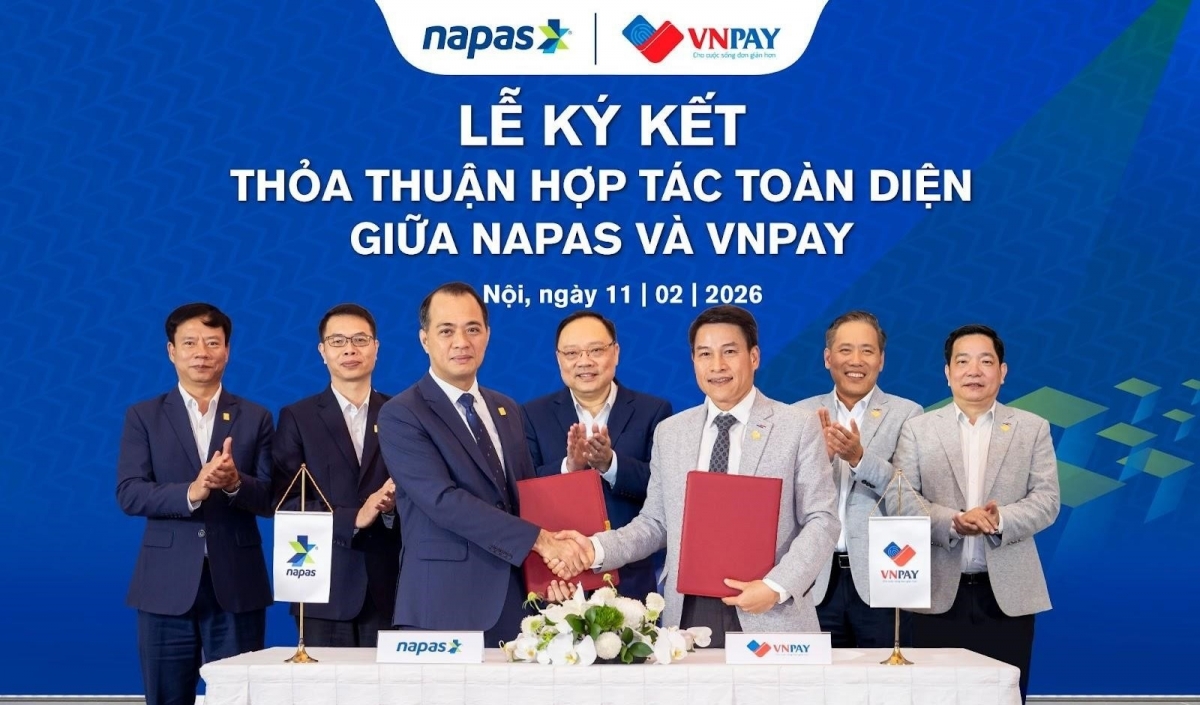INTERNATIONAL INVESTMENT
AND PORTAL
 Marc H. Iyeki, senior advisor of Biotech & Innovation at Deltec Investment Advisers and former head of Asia-Pacific Listings at the New York Stock Exchange
Marc H. Iyeki, senior advisor of Biotech & Innovation at Deltec Investment Advisers and former head of Asia-Pacific Listings at the New York Stock Exchange
What are some of the more significant offshore listing rules on the New Year Stock Exchange (NYSE) that thwart potential overseas and what are your recommendations for Asian businesses to address these issues?
The United States is known for having the deepest capital market in the world. One reason for the success of the US market is that it is equally known for having a robust securities regulatory framework that is intended to instil investor confidence in the market, and protect investors, especially retail.
Almost two decades ago, many Asia-based companies believed that meeting US regulatory requirements was too difficult, and for some, they were right. However, over the years, US regulators have made it easier for companies to list on a US stock exchange, and the result is a better balance between investor protection versus a regulatory burden.
Despite more nuanced US regulatory requirements, many areas remain challenging, including the areas of internal controls, periodic reporting, accounting, audit, disclosures, and investor communications.
To increase the likelihood of success as a US-listed company, Asian companies should have a comprehensive plan to be prepared to be a public company, and a leadership team with international financial market experience and an ability to effectively communicate with foreign investors. They should also have staffing, processes and technology in place to meet US regulatory requirements.
A growing number of businesses are expressing an interest in forming a special purpose acquisition company (SPAC). How do they decide on whether to go the SPAC path or take a traditional fundraising approach?
Regardless of whether a company chooses to go public by merging with a SPAC or by conducting a conventional initial public offering (IPO), that company must adequately prepare itself for life as a public company.
Companies that are relatively unknown in the US may benefit from the publicity generated from the IPO roadshow process. Companies that are almost ready and that have short operating histories and very credible financial projections may be possible candidates for going public via the SPAC merger. Particularly in view of recent US Securities and Exchange Commission (SEC) statements regarding SPACs, companies should understand that the SPAC route is not necessarily an easier, faster, or cheaper way to go public.
Overseas IPOs may face difficulties due to the wide disparity in legislative frameworks between Asian countries and US standards. What should Asian countries’ lawmakers do to promote listings in the US or in two places?
Asian countries’ lawmakers might want to modify or eliminate regulations that make an overseas listing (single or dual) impossible or very difficult. While lawmakers might be inclined to keep current laws in place to protect the local financial industry, they might give greater weight to the interests of the broader national economy in business growth and job creation.
By eliminating legal and regulatory hurdles to a foreign listing, lawmakers would give home-grown companies direct access to a substantially larger pool of capital than would be available through a local listing. This would provide more fuel for business expansion and job creation. It would also attract the attention of more foreign investors and increase corporate competitiveness through accelerated learning of international best business practices.
Despite Vietnam’s buoyant business environment, some major names still struggle to add their names to the global map as they are still small in size. What are your recommendations for Vietnamese companies tapping into US public equity?
Many companies with a market capitalisation under $1 billion are listed on US stock exchanges. However, US financial media may not closely cover Vietnamese companies that are not listed in the US or that do not have big brand names in the US.
To place themselves on the global map, Vietnamese companies seeking to tap into the US public equity market should consider raising their visibility within the US before listing. They could accomplish this by having senior executives appear in US financial media, social media, and industry conferences.
To shorten the distance between Vietnam and US markets, from the IPO day onward, companies could provide US investors with a professionally produced English language website containing all the company information investors would want to know, such as SEC filings, press releases, presentations, live and archived earnings announcement calls, to name a few.
To optimise investor interest, these companies should either be profitable and on an upward trajectory or have a credible, easy to understand road map to profitability.



















